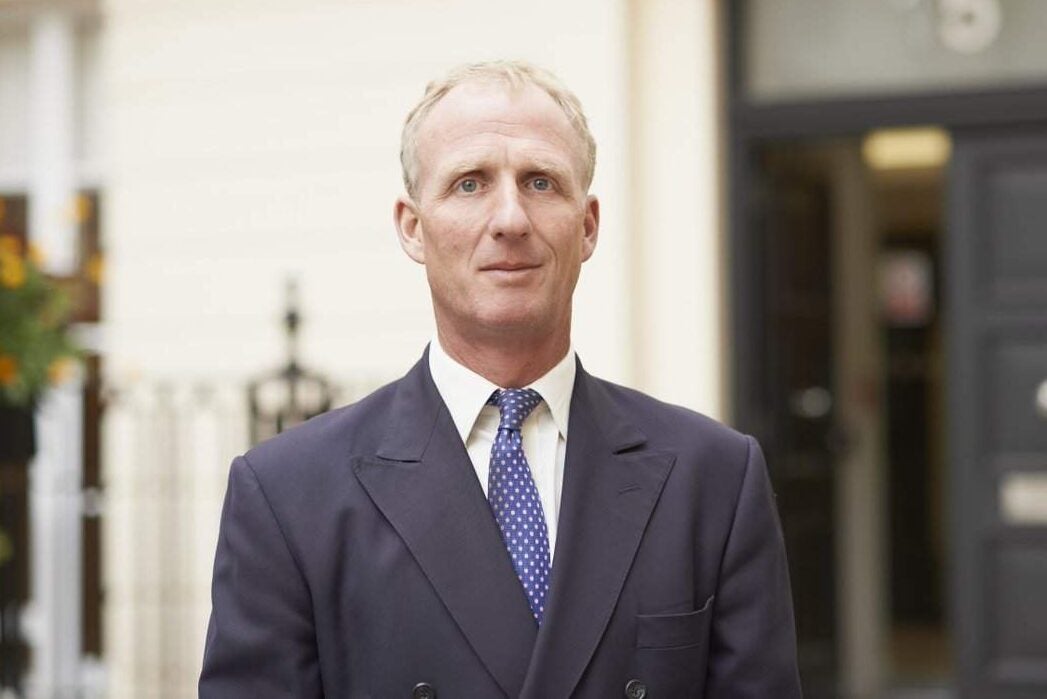
Has the pandemic succeeded in bringing super-rich families closer together? Family in-fighting, once viewed by the ultra-wealthy as the number one threat to maintaining family riches, is no longer among their top concerns, according to initial findings from a new family wealth study.
Early insights into the latest five-yearly survey by leading multi-family office Stonehage Fleming suggest internal wrangling has now fallen out of the top five worries for clients.
The results show a marked shift in attitudes from the London-based firm’s 2018 study, Four Pillars of Capital, which placed ‘family disputes’ as the top risk for nearly 70 per cent of clients.
Tentative results show that super-rich families now view political risks and worries around taxation as greater threats to their long-term wealth, along with a lack of planning, failing to engage with the next generation and ‘the whole economic environment’.
Concerns about public opinion being less accommodating of ultra-high-net-worth families also featured in the latest survey results.
Overall, the biggest perceived risk to preserving wealth for UHNW families is the ability to manage the performance of their investments in light of the pandemic, lingering inflation and the war in Ukraine. In contrast, concerns around wealth management performance came in sixth place in the 2018 study.

The fourth quinquennial report from the world-leading family office, due later in 2023, will provide insights from more than 200 family office clients around the world.
Partners including Matthew Fleming, the firm’s head of family governance, revealed the early findings during a roundtable discussion attended by Spear’s, on how wealthy families are increasingly embracing sustainable portfolios and sharing leadership responsibilities more widely.
[See also: Stonehage Fleming on 150 years of managing wealth]
Stonehage Fleming on cultivating strong governance in families
Fleming believes in placing governance, succession planning and the next generation at the heart of building a successful family office.
‘A lot of people who run next generation programmes do it because it’s something they think they should do,’ Fleming said at the roundtable. ‘The difference between a true family office and someone who calls themselves a family office is the fact that the true family office understands that it’s not something that you should do, it should sit at the core of what you do.’
‘I think there is a greater understanding that leadership can come from unexpected areas within families. And there’s greater acceptance of this concept of multi-leadership.’ he added.

Stonehage Fleming’s upcoming research is also expected to attest to the importance of female leadership in families. Looking back on his own family tree, Fleming said that at every part of the story there were ‘strong women at every turn.’
‘I think that the role of women in every aspect of a family’s personal and professional and commercial life is becoming increasingly understood, appreciated and encouraged,’ he added.
Meanwhile, the firm has recently celebrated the launch of ‘Stonehage Fleming XV’ – an exploration of the ‘talent, creativity and leadership’ of 15 female leaders in the UK – including Dame Kate Bingham, who headed up the UK’s Covid vaccine taskforce, and Karen Blackett OBE, UK president of WPP.
How families are embracing sustainable portfolios

In its 2018 survey, three-quarters of clients told Stonehage Fleming that they had a preference for responsible investments, but the firm found that only 21 per cent were actively including a values-based approach into their portfolio decisions.
Following the research, the firm launched its global sustainable portfolio offering in the middle of 2019 – to help clients follow through with their interest in a values-based investing approach.
Mona Shah, head of the firm’s sustainable investment offering, spoke of the challenges clients can face when switching up their investments.
‘To shift a portfolio from mainstream to sustainable meant major CGT gains, other taxes … a lot of disruption to that financial capital pillar,’ Shah said.
Over time, Shah added, the firm ‘received more and more feedback that clients wanted a way to start to drip feed their financial capital into sustainable investments, without doing it in one fell swoop’.
Stonehage Fleming has drawn on the UN Sustainable Development Goals and engaged with charities and NGOs to inform the offering – although it can be hard to marry up input from the third sector with the way investments are measured.
‘It’s actually been tough, but I think we might finally be getting there, particularly in biodiversity and conservation, which are areas that our client base seem particularly passionate about,’ Shah said.






